Reforms

Remittances from Egyptians abroad witnessed major leaps after reforms in March 2024, doubling in Sept. 2024 to record about $2.7 billion.

Kouchouk added that these aim to stimulate growth among small businesses, simplify tax processes, and resolve existing tax disputes
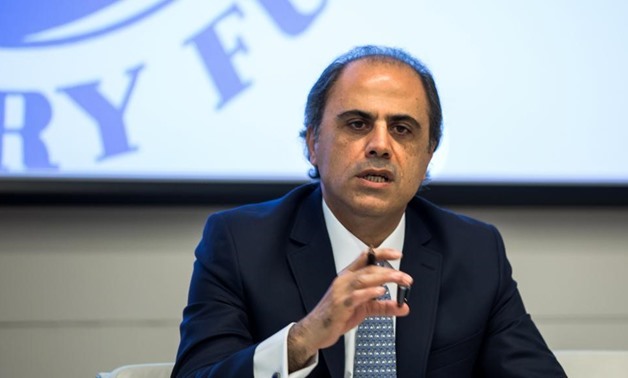
New data is expected to reveal the effects of economic reforms on household spending following two years of currency devaluation and rising prices.

Al Mashat presented the country’s recent economic and structural reforms, emphasizing the government's efforts to strengthen macroeconomic stability, enhance the business environment, and build a competitive, investment-friendly economy.

This decision comes in response to directives from President Abdel-Fattah El-Sisi earlier this week to reassess the agreement to alleviate the strain on citizens as Egypt grapples with economic hurdles, including inflation and high debt.
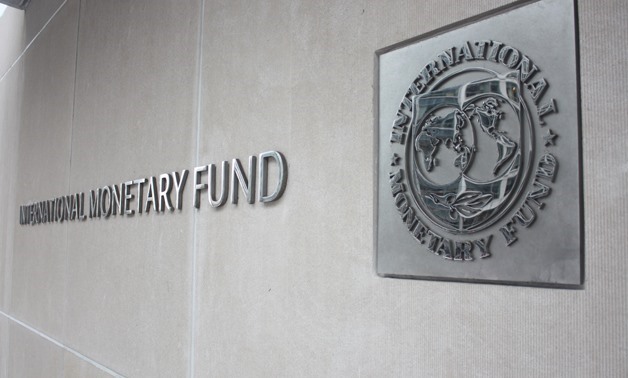
The news comes within days of President Abdel Fattah El Sisi urging the government to reassess its agreement with IMF, stating, “If this challenge forces me to place unbearable pressure on the public, we must review the situation with the IMF.”
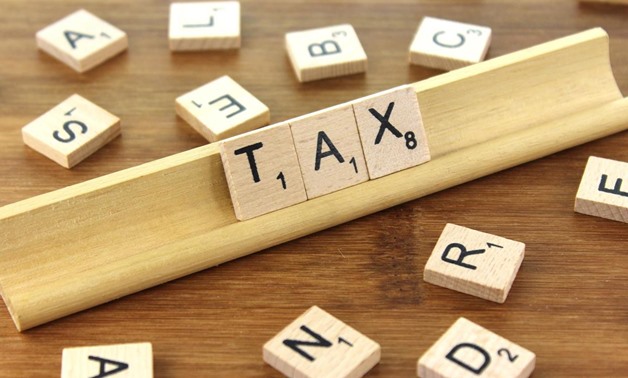
Abdel Aal clarified that the suggested reforms are part of a strategic plan aimed at ensuring the sustainability of Egypt's tax system while adhering to international best practices that prioritize taxpayer satisfaction.

The policies will focus on further improving fiscal discipline in the state’s budget indicators, a crucial component for fostering economic growth and ensuring effective long-term planning.

El-Khatib emphasized that this new vision is designed to enhance confidence among both local and foreign investors.

During the completion of its 3rd review of Egypt’s $8 billion loan program, the International Monetary Fund (IMF) adjusted and softened certain conditions attached to the program, providing the country more time to implement key reforms.

These changes will come into effect at the onset of the new academic year 2024/2025, commencing on September 21

With the 3rd review completed, Egypt will receive $820 million in the coming days, meaning it will have obtained $1.64 billion from the $8 billion loan since the agreement’s approval in 2022

El-Khatib emphasized the importance of aligning efforts with global partners to expand productive and service sectors capable of generating financial returns

“Egypt has remained steadfast in implementing our economic reform program amidst formidable challenges,” explained Madbouly on Sunday.

The EBRD forecasted Egypt’s GDP to rise by 4.8 percent during FY2023/2024, driven by recent reforms to boost private sector growth and easing of external and fiscal vulnerabilities
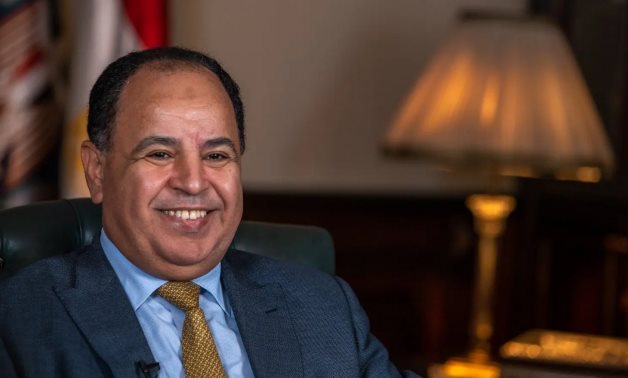
Maait emphasized Egypt’s keenness for continuous coordination with the International Monetary Fund to maximize avenues of mutual cooperation that help achieve development, financial, and economic objectives.
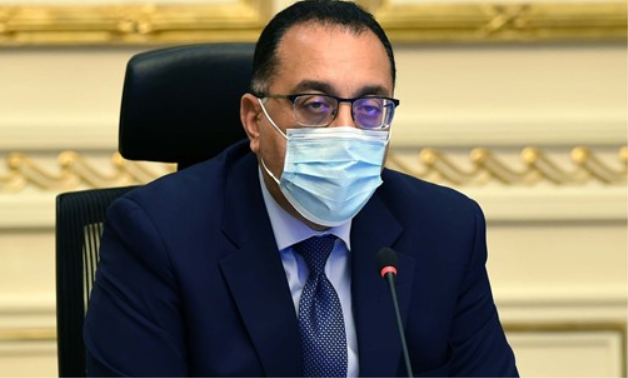
The center pointed out that the national program for structural reforms has drawn up a roadmap for the success of the first phase of the economic reform and dealing with COVID-19.
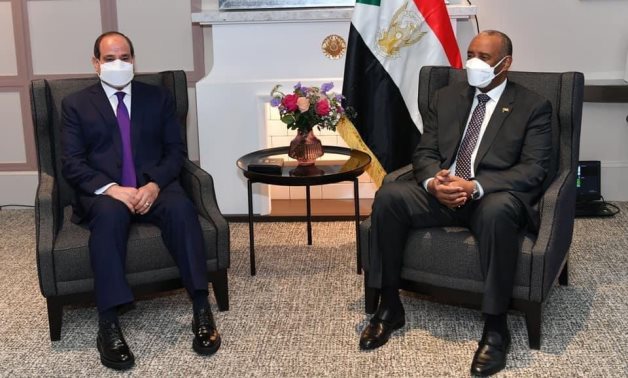
President Abdel Fatah al-Sisi met on Sunday Chairman of the Sudanese Sovereign Council Abdel Fatah al-Burhan in Paris, where they will both attend two conferences on Sudan and Africa.
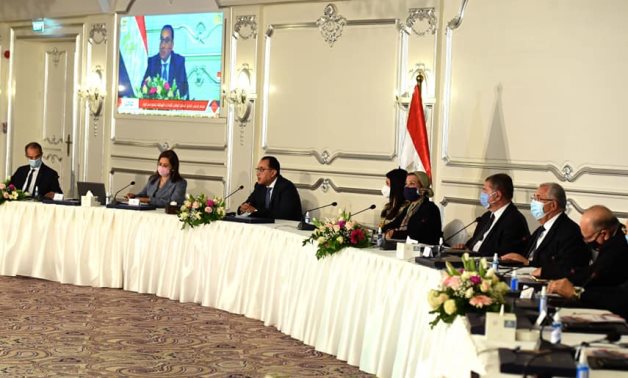
The program is the second phase of the National Program for Economic and Social Reforms, which will have a third phase.

Maait said the budget deficit decreased to stand at 7.9 percent of Gross Domestic Product (GDP), while the initial surplus was put at 1.8 during fiscal year 2019/2020.